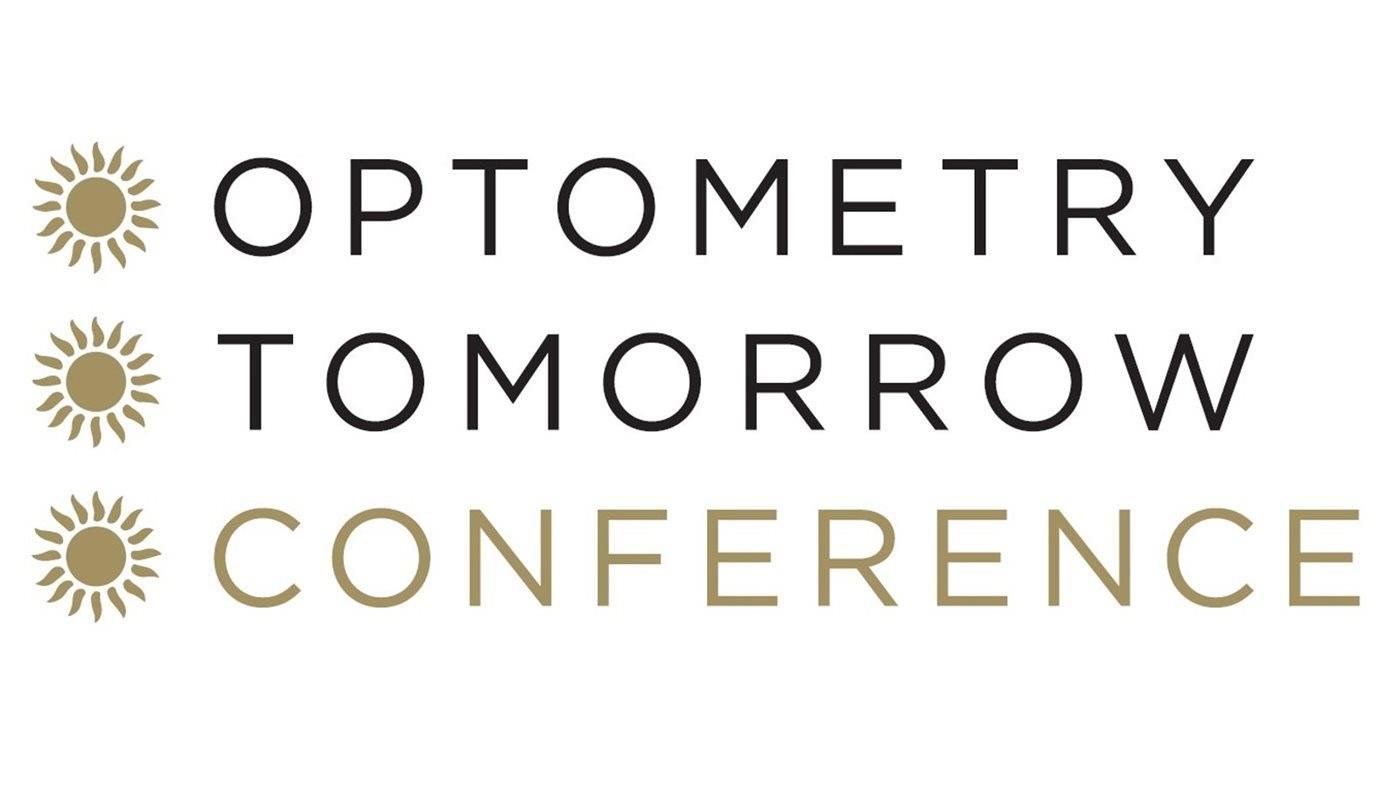LECTURE
1 CPD
Understanding biometry and axial length in context of primary eye care
About the session
CPD ref: C-108376
Description
The prevalence of myopia is expected to increase over the coming years globally, including within the UK. There are currently multiple optical and non-optical myopia management interventions that are licensed and available in the UK, with more becoming available each year. Myopia management can benefit from including an assessment of axial length, as this can provide a more detailed measure of eye growth or myopia progression before and during any myopia intervention.
In this presentation, we will discuss what axial length is, and why it’s important for ECPs, and when it can be utilised. We will discuss the options for measuring axial length it in practice and how different available devices work. We will also discuss the comparability of devices, and comparison of axial length measures and averages to refractive error. Key factors related to axial elongation, including data from recent research towards what might influence axial length changes will also be discussed. We will also discuss what alternative approaches are available for practitioners that do not have access to biometry data, and how practitioners can still effectively manage myopia in practice.
Target Audience
- Optometrist
- Contact Lens Optician
- Dispensing Optician
Domains and learning outcomes
Communication
1.3 Assist patients and their carers in exercising their rights and making informed decisions about their care regarding myopia control. Respect the choices they make.
2.1 The knowledge to give patients information about myopia control and their prescription in a way they can understand. Use your professional judgement to adapt your language and communication approach as appropriate.
Clinical practice
5.3 Be aware of current good practice in myopia control, taking into account relevant developments in clinical research, and apply this to the care you provide.
Specialty CPD - contact lens optician
Consider how you can use this updated, evidence-based research to improve the care of your contact lens patients with respect to discussing and fitting lenses for myopia control and working in collaboration with colleagues
Chair

Corrina McElduff FBCLA

Corrina is an optometrist with many years’ experience in both multiple and independent sectors. Her innovative work as clinical lead for a group of independent optometrists included the development of one of the first myopia management clinics in the UK. After moving across into industry with CooperVision, she worked closely with ECPs to deliver education and insight in to contact lens expertise and management and sits on the BCLA council.
She is currently Director of Professional Affairs with Ocumetra, revolutionising myopia management with innovative solutions to make understanding myopia management easier for parents and improve patient outcomes.
Speaker

Dr Neema Ghorbani Mojarrad BSc FBCLA MCOptom Prof Cert Glauc Prof Cert LV

Neema is an Assistant Professor at the University of Bradford. He is the Vice Chair of the British and Irish University and College Contact Lens Educators (BUCCLE), which promotes collaboration and dissemination of evidence-based contact lens knowledge. He is the vice-chair of BUCCLE, an associate editor of BMJ Open Ophthalmology, and holds fellowships for both the BCLA and IACLE.
His research interests include myopia management, contact lenses, and anterior eye. He has won the 2015 Association of Optometrists Newly Qualified Optometrist of the Year award, the 2021 VDCO Peter Abel research prize, and The College of Optometrists 2022 George Giles prize.
